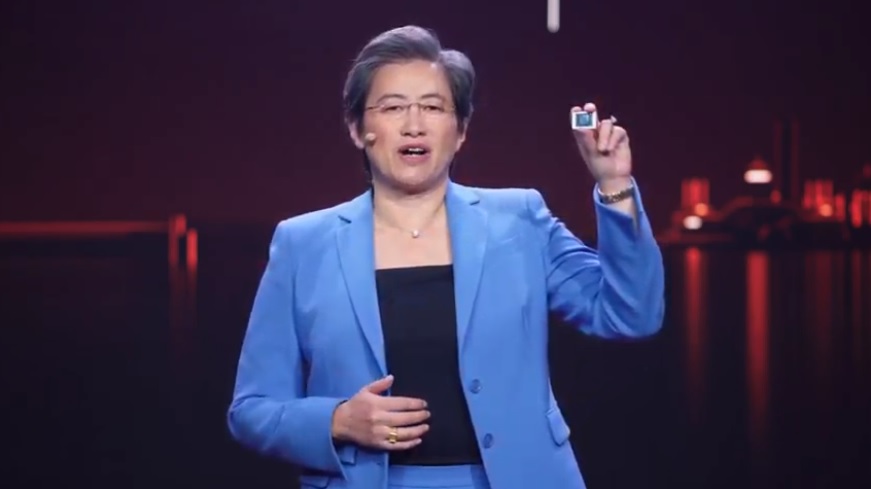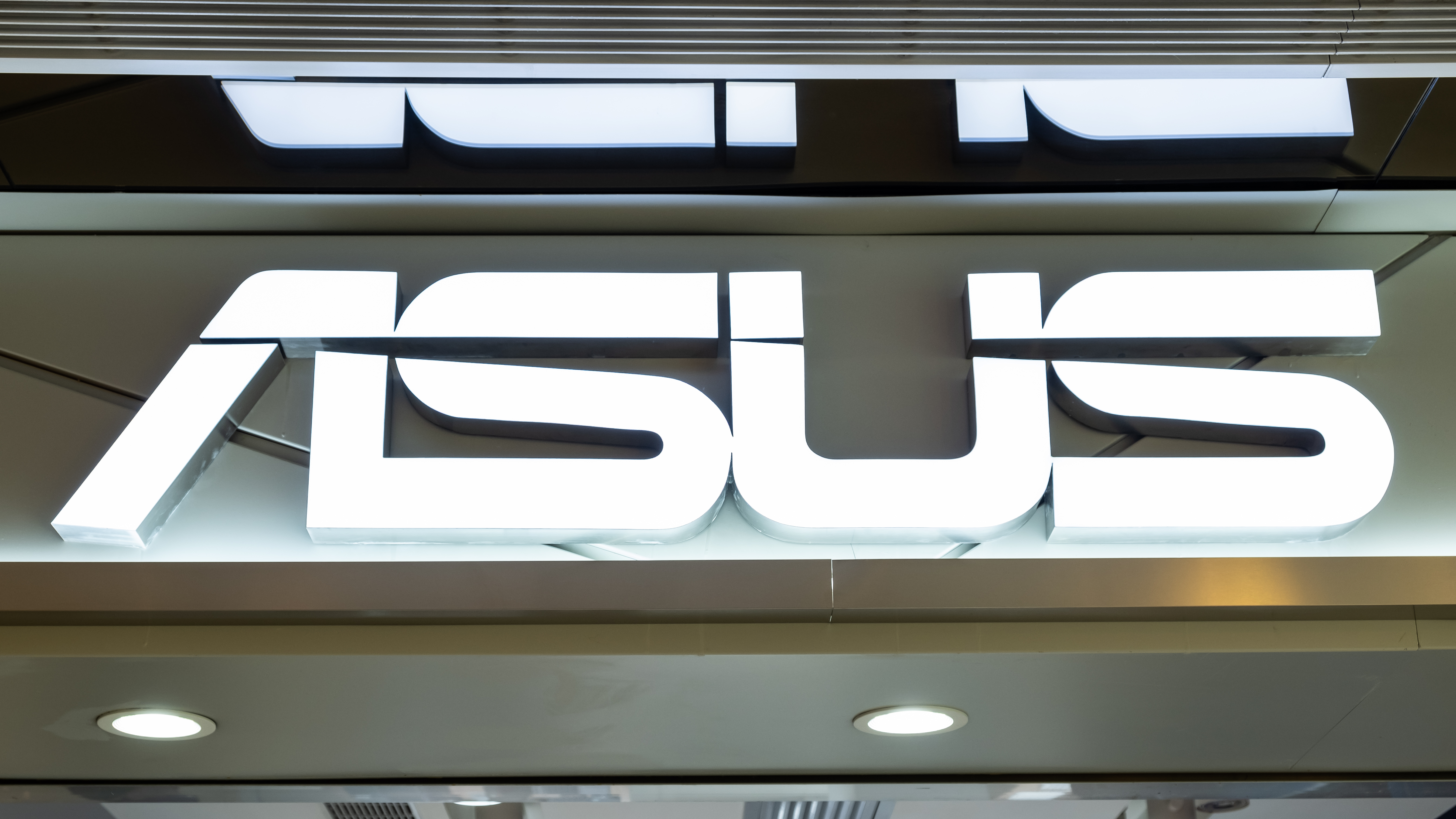AMD just dropped nearly $5 billion on ZT Systems to fight Nvidia on AI
That's nearly 5 billion reasons why AI is important to AMD

Silicon giant AMD has signed a deal to acquire ZT Systems for roughly $4.9 billion in cash and stock, adding a huge AI systems manufacturer to its arsenal as rival Nvidia's AI business is soaring.
This is a big deal not just because at nearly $5 billion it's literally a big deal, but because it will significantly affect AMD's business at both the enterprise and consumer level.
"The main way (ZT Systems) is additive to the company is we sell more GPUs."
AMD CEO Dr. Lisa Su
While ZT Systems is best known for supplying companies like Microsoft with hardware for cloud computing servers, AMD isn't just buying the company to strengthen its data center business. According to AMD CEO Dr. Lisa Su, the acquisition of ZT systems is also intended to help it accelerate GPU development and sell more GPUs to clients.
"The main way (ZT Systems) is additive to the company is we sell more GPUs," AMD CEO Dr. Lisa Su (pictured) told Reuters in an interview about the deal.
As graphics cards and the processors that drive them become key to powering the racks of PCs that in turn power modern AI services, AMD is clearly eager to improve its ability to develop and ship chips optimized for AI.
That encompasses everything from the new Ryzen AI 300 Copilot+ PC CPUs we saw at Computex 2024 to the AMD Instinct MI300 accelerators the company sells to AI businesses. AMD counts companies like Meta and Microsoft among clients for its systems, and company CEO Dr. Su told Reuters that "AI systems are our number one strategic priority."
According to a conference call held with investors to discuss the deal, AMD is adding roughly 1,000 engineers and 1,500 manufacturing employees to its roster as part of the acquisition. These teams will work in parallel with AMD's existing engineers to develop AI-optimized chips and systems faster and more efficiently.
Sign up to get the BEST of Tom's Guide direct to your inbox.
Get instant access to breaking news, the hottest reviews, great deals and helpful tips.
"It will help accelerate AMD at large scale," said Dr. Su in response to a question. "It's about CPUs, GPUs, networking systems, clusters, how do you ensure that they have the right reliability. This team will help us do that because they've done it, they've done it at scale."
However, AMD does plan to spin off and sell at least a significant portion of ZT Systems' data center manufacturing business.
Bottom line
This deal likely won't affect the average AMD user in the near future, as it's not expected to even finish closing until 2025. But it's a big moment in the unfolding AI arms race among companies like AMD, Intel and Nvidia because it shows us exactly how highly they value AI and cloud computing companies as clients.
By acquiring ZT Systems AMD has snapped up a systems provider for companies like Microsoft, and it's going to put its teams to work alongside the folks coming onboard from ZT to both speed up its development of enterprise-scale chips and improve the services it offers to clients in need of complex servers and systems.
That's all happening right as AI tech continues to advance at a rapid pace. We can now create realistic AI videos in seconds and generate voices for AI characters, but while we seem to conjure these tricks out of nothing they actually require serious horsepower from a computer in a remote server somewhere — and AMD just made a $5 billion bet that those servers are going to be in high demand for years to come.
And while folks wondering whether to buy AMD or Nvidia for their next gaming PC GPU upgrade may not need to worry about this deal right away, who knows — we may see some of the benefits of this deal filtering down to AMD's consumer-grade GPU business in the years to come.
More from Tom's Guide
- I finally found a good use for foldable screen laptops
- Spacetop G1 — I just went hands on with the world’s first screen-free AR laptop
- Mini PC maker GPD unveils the GPD Duo, a dual-screened folding laptop

Alex Wawro is a lifelong tech and games enthusiast with more than a decade of experience covering both for outlets like Game Developer, Black Hat, and PC World magazine. A lifelong PC builder, he currently serves as a senior editor at Tom's Guide covering all things computing, from laptops and desktops to keyboards and mice.










